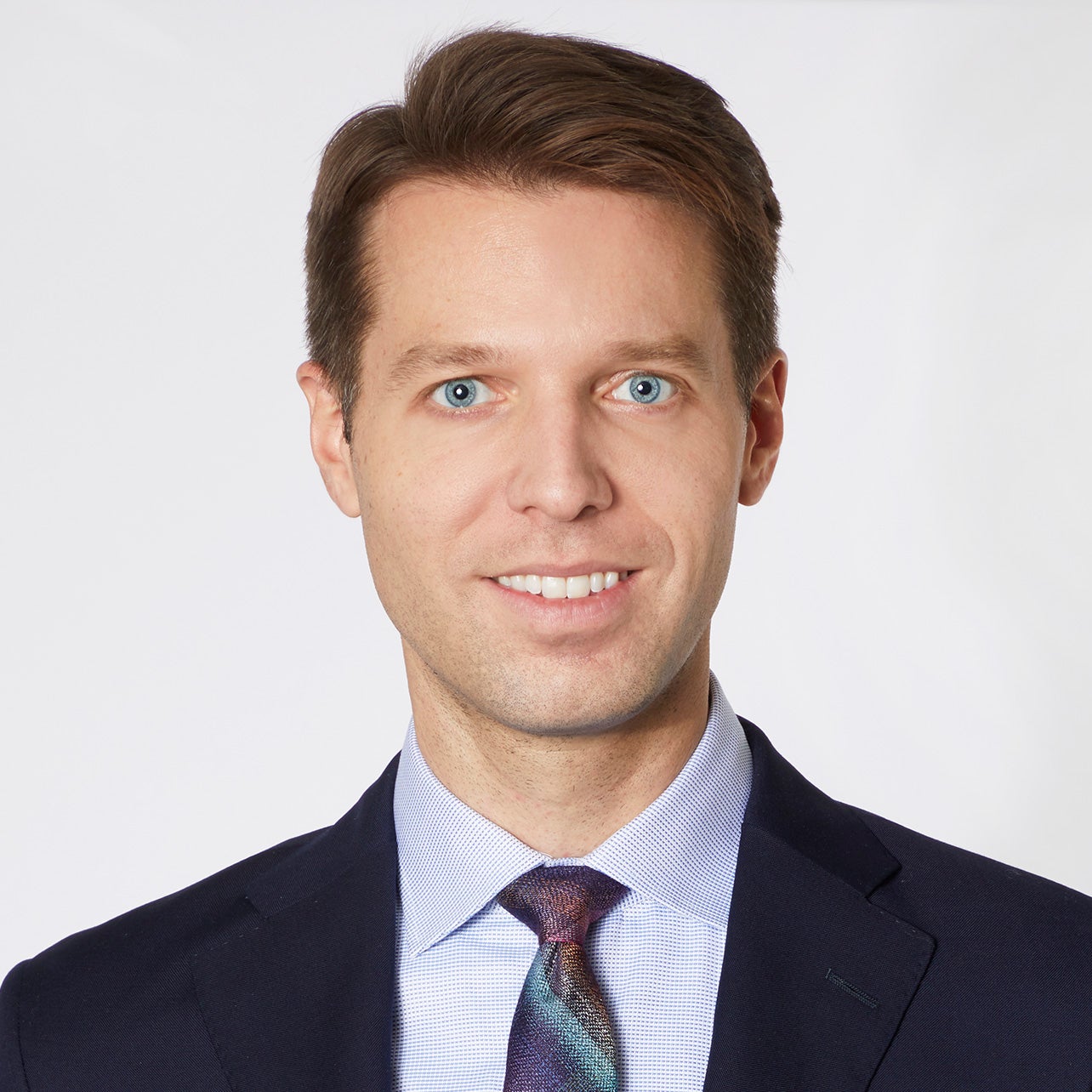Internationally recognized for his laboratory research and advocacy for underrepresented groups in science, Aaron F. Mertz, Ph.D., joined the Aspen Institute in 2019 to found and direct the Science & Society Program, which serves as a laboratory to test ideas and approaches that help explain, connect, and maximize the benefits of science for public good. Because of the program’s intellectual and programmatic success, he was promoted in 2024 from Director to Executive Director.
Across the program’s pillars of Global Science, Science & Social Justice, and Public Trust in Science, Dr. Mertz executive produced the documentary series INFODEMIC: Global Conversations on Science and Misinformation that appeared on PBS; chaired the Aspen Global Congress on Scientific Thinking & Action with participants from over 50 countries; coordinated the global report “In Favor of Pure Science,” the first-ever project that brought together contributions from all 14 Aspen Institute countries; and launched the youth initiative Our Future Is Science that connects science and social justice, internationally recognized as a Falling Walls Engage Finalist for Science Breakthrough of the Year 2023 in the category Science Engagement. He has published the digital magazines One Health / One Planet, The Future of Science in America, and The Pandemic Issue; spearheaded reports on equitable artificial intelligence, diversity in clinical trials, advancing LGBTQ+ people in STEM careers, elevating public trust in science, and open-access publishing; and hosted public events on COVID vaccines, the quantum future, the genetic revolution, climate change, space exploration, and science storytelling. He is currently executive producing the feature-length documentary film Six Degrees From Science (working title) that will immerse audiences in the lives of passionate biomedical scientists who work in environments where institutional barriers abound.
Before joining the Aspen Institute, Dr. Mertz was an Arnold O. Beckman Postdoctoral Fellow and National Science Foundation Postdoctoral Fellow in cell and developmental biology at Rockefeller University. His publications span biology, physics, engineering, and science policy and have appeared in Nature, Science, Cell, Physical Review Letters, and Nautilus. He earned a bachelor’s degree in physics from Washington University in St. Louis as a Barry M. Goldwater Scholar and Arthur Holly Compton Fellow; a master’s degree in the history of science, medicine, and technology from the University of Oxford as a Rhodes Scholar; and a doctorate in physics from Yale University as a D. Allan Bromley Fellow and NSF Graduate Research Fellow.
He has chaired and organized interdisciplinary scientific meetings and symposia, including the Gordon Research Seminar on Epithelial Differentiation & Keratinization in Tuscany, Italy; the New York City Skin Club; and Yale University’s Physics–Engineering–Biology Discussion Group.
A fervent advocate of science education, Dr. Mertz taught physics courses at Yale, where he was honored with a Prize Teaching Fellowship for outstanding undergraduate teaching; served as a physics and mathematics teaching fellow and academic consultant for the World Science Scholars, sponsored by the World Science Festival; and advocated for reform of high-school science curricula to the National Science Foundation. He has served on selection committees for the Rhodes Scholarship and the Schmidt Science Fellowship and was recently selected to serve as one of 16 District Secretaries for the selection of American Rhodes Scholars.
Throughout his career, Dr. Mertz has been deeply committed to advocacy for scientific communities. He founded PRISM (People at Rockefeller University Identifying as Sexual/Gender Minorities) to foster leadership and fellowship among LGBTQ+ scientists and led the first scientist contingent in the NYC Pride March, in 2018. He advocated for his female colleagues’ success in science while serving as the sole male member on the board and Vice President of WISeR (Women in Science at Rockefeller University). Fifteen years after graduating, he addressed his Illinois high school as its Distinguished Graduate for 2017 on the importance of promoting underrepresented groups in science and beyond. He received the 2018 oSTEM (Out in Science, Technology, Engineering, and Mathematics) Global STEM Service Award for his outreach efforts on behalf of LGBTQ+ people in STEM careers.
